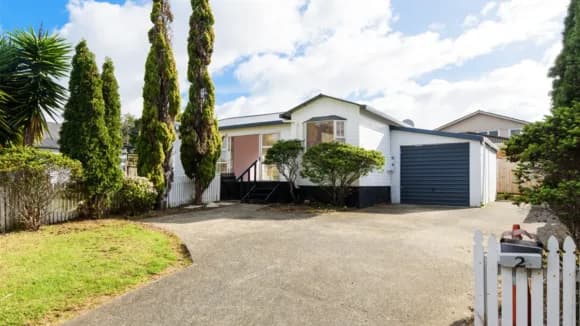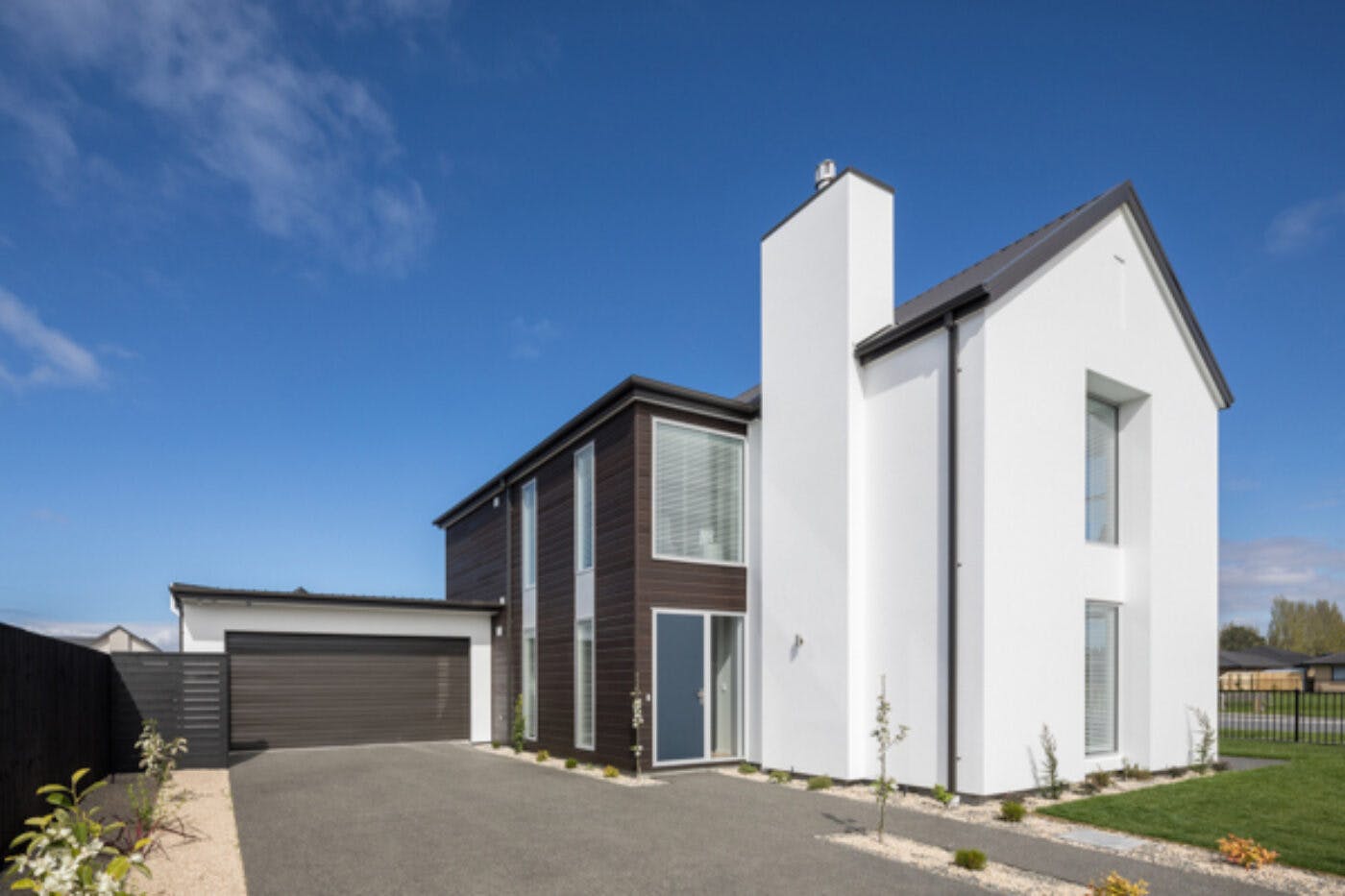
Property Investment
What happens in due diligence for an investment property?
This article shows you exactly what you need to do as a property investor during due diligence. This includes costs and a step by step guide of what to do.
Due Diligence
8 min read
Author: Ed McKnight
Our Resident Economist, with a GradDipEcon and over five years at Opes Partners, is a trusted contributor to NZ Property Investor, Informed Investor, Stuff, Business Desk, and OneRoof.
Reviewed by: Laine Moger
Journalist and Property Educator, holds a Bachelor of Communication (Honours) from Massey University.
A site visit of a new-build during due diligence is usually going to involve driving to a vacant plot of dirt. But its dirt your property will one day be built on, which means site visits are still an important part of the process.
In this article, you’ll learn exactly what you need to know about how to conduct a site visit during due diligence.
Yes, if you go on a site visit for a new-build, you’re going to look at a vacant section.
Granted, it’s difficult to assess a property when the building hasn’t been built yet. But site visits are still important in due diligence, especially for first-time property investors.
Opes Customer Relationship Manager Kathy Faulkner says even though your property is not yet a visible part of the neighbourhood, other things are.
A short drive around the neighbourhood will give you a sense of the area so you can suss out where the shops, schools and public transport amenities are.
There is also the potential to meet the developer, view their previous projects if nearby, and perhaps take a walk through a showroom or a site office.
Regardless, all of this information will give you peace of mind as the buyer that the property will be tenantable and it’s in an investable area.
A site visit is usually conducted during the second half of the due diligence process after the initial contract has been seen by a lawyer and your mortgage broker has sent your finance application to the bank.
That’s because a site visit is less time-sensitive than some other steps in the strict 10-day deadline.
A potential buyer can go on a site visit by themselves if they want to.
However, if you are working with Opes, a client relationship manager will go out with you to the site and show you around the area.
They will also be able to tell you more about the development.
Developers are notoriously difficult to nail down for an in-person meeting. However, if you get the chance to meet them, it’s more preferable than not.
If you can’t get in front of them, you can always send through questions about the development.
But, it’s important to note, any items on the sale and purchase agreement needs to go through the solicitors, rather than speaking to the developer directly.
Here are a couple of questions that you, the investor, might like to ask the developer during due diligence:
It’s in the developer’s best interest to answer your questions honestly, since they only get paid once you settle. So keeping you, the buyer, onside and informed avoids headaches later.
Investors who buy new-builds will often assume everything will be perfect. But properties are built by humans, so there will always be a margin for error.
A site visit offers the chance to recognise and minimise these errors before it becomes more costly and awkward to fix.
This does not mean it’s riskier to invest in a new-build, but rather the risks are different.
There are three things to look out for on a site visit.
The first is making sure the developer is organised.
Kyle Brookland, of Informed Property Inspections, says the first thing he checks is if the developer is working on any other sites nearby. If they are, a quick drive-by and review of that site will tell you a lot.
The site should be organised and tidy things can easily be missed on a building site in disarray.
The second thing to look out for is to ask for the property file and look at included paperwork.
For example, the property file for a new-build includes all the council documents, which will tell you if the initial council inspections passed or failed.
If there have been a few red flags and a few fails, you might have to investigate a bit further.
The last thing to understand is the specifications, or the level of finish, that your build will have.
Specifications spill over from just a tidy paint job to other components of the property’s construction, like the precision of door closing, insulation and wall framing.
It’s usually helpful to think of properties on a scale of 1 to 5, in terms of their finish.
A level 3 spec is tidy, level 4 is pretty high quality, and 5 is architectural standard, Brookland says.
Most investors will aim for a level 3, because up-speccing a property adds to the cost of the build, but does not necessarily translate to higher rent.
The difference between each specification is tens of thousands of dollars, but often only the bank account will notice that. You’re not going to look at a wall and think “wow, that’s a grade 5 wall”.
That level of spec is probably more appropriate for an owner-occupier build, rather than an investment property.
For example, you may be paying for a level 4 interior finish, but think to yourself: “Do I actually need that for my tenants?”
A rental property is going to get some bumps and bruises, so why pay for a level 4 when a level 3 will do.
These specifications are something seasoned investors don’t always completely understand or don’t take much notice of.
That’s why some property investors will engage an experienced property inspector to do these checks for you.
Here at Opes, we recommend Kyle, of Informed Property Inspections, for builds in Canterbury.
A private inspector will add an additional cost to this part of the due diligence process, but some investors would argue it’s a wise cost.
The cost for a property inspector to look at your files is between $275-$300 for a basic review.
If you would like a building inspector to look over the property once it settles, the cost will range between $400-$700, depending on house size.

In a perfect world, the three things an investor will see during a site visit are: a show home; a previous project from the developer; and the surrounding neighbourhood.
The biggest advantage to buying in Christchurch is there are often show homes, which are properties the developer has purpose-built to show the quality of their work.
In Auckland, show homes are less frequently built.
It’s important to remember a show home only gives a staged example of the work. This is where they’re really trying to sell you the property and present themselves in the best light.
In a show home, the developer will use their very best builder, their very best building materials and the highest quality finishes. In essence you’ll see 110 per cent of what you should expect in your build.
Each property is going to be different, but a show home should give you a sense of whether the developer is worth buying from.
If you’re buying a property purely for investment, you must remember it’s important to keep personal emotions in check.
The area where your investment will be may not be the place you would choose to live.
Just because you wouldn’t buy your coffee from the dairy down the road, doesn’t mean it’s not a good area to invest in.
However, there may be something you come across that is an absolute deal breaker on the site visit that might cause you to pull out of the purchase.
Remember, any contract you sign is going to have cancel clauses in there that will allow you to pull out at any stage in the due diligence process.
If you are an investor buying directly from a developer, you’ll organise your site visit directly with the developer or their team.
However, if you’re working with Opes, your customer relationship manager will organise this for you. If flying in, they’ll often pick you up from the airport.
Not all investors feel the need to do a site visit. First-time investors usually like to because it gives them peace of mind and confidence.
But investors who already have a portfolio often won’t do a site visit because they are comfortable basing their decision solely on the numbers.
If they live in another city, most wouldn’t bother.
As unfathomable as it may seem to a first-time investor, there are people out there who own homes they have never seen.
However, it would be remiss of you, as the buyer, not to go to a site visit if you weren’t working with someone who had done the research for you.
Our Resident Economist, with a GradDipEcon and over five years at Opes Partners, is a trusted contributor to NZ Property Investor, Informed Investor, Stuff, Business Desk, and OneRoof.
Ed, our Resident Economist, is equipped with a GradDipEcon, a GradCertStratMgmt, BMus, and over five years of experience as Opes Partners' economist. His expertise in economics has led him to contribute articles to reputable publications like NZ Property Investor, Informed Investor, OneRoof, Stuff, and Business Desk. You might have also seen him share his insights on television programs such as The Project and Breakfast.